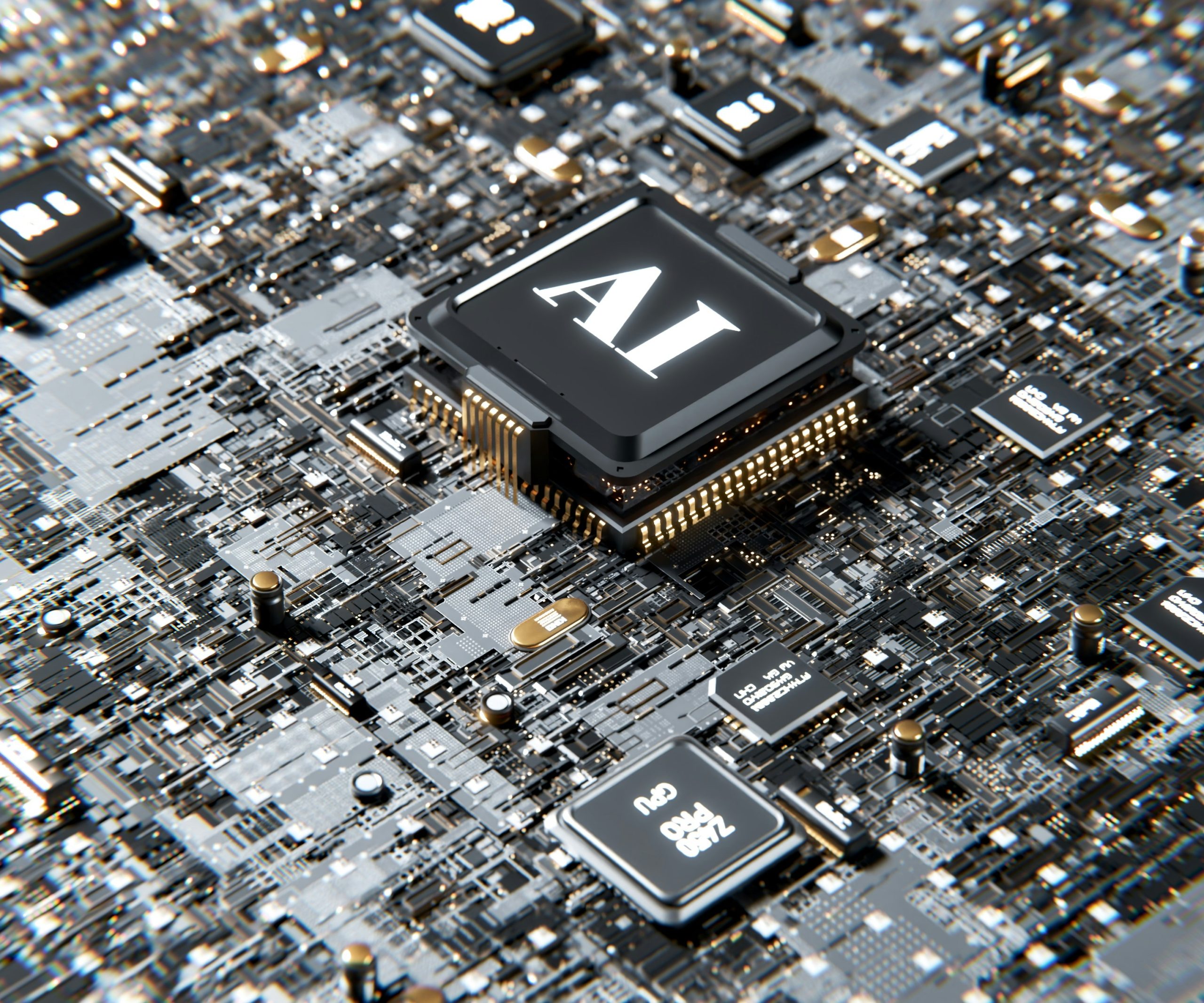While AI is a powerful tool that can enhance the efficiency of teachers and administrators, it cannot replace the unique and invaluable role of human interaction.
In the rapidly evolving landscape of higher education, artificial intelligence (AI) is playing an increasingly significant role in student success. Educational experts who attend higher education conferences will confirm that AI is the buzzword most vendors are using to capture the attention of attendees. From personalized learning experiences to automated administrative tasks, AI’s capabilities can significantly improve efficiency throughout a campus. However, despite its impressive advancements, AI will never entirely replace human interaction in higher education. Here are five (5) reasons why:
Personal Connection.
One of the core reasons AI cannot fully substitute human interaction is the inherent value of personal connections in the educational process. Education is not just about transferring knowledge; it’s about mentoring, inspiring, and guiding students. Human educators bring empathy, understanding, and real-world experience to their teaching, fostering an environment where students feel supported and motivated. These interpersonal skills are crucial for addressing individual student needs, something AI, with its lack of emotional intelligence, cannot replicate.
Human Perspectives.
Moreover, higher education involves complex problem-solving and critical thinking that often benefit from human insight and perspective. While AI can process data and offer solutions, it lacks the nuanced understanding of context and the ability to think creatively that human educators possess. Discussions, debates, and collaborative projects in a classroom setting thrive on human interaction, which helps students develop critical soft skills like communication, teamwork, and leadership.
Responsive Teaching.
Human educators also play a vital role in adapting to the dynamic and unpredictable nature of the classroom. They can respond to the immediate needs and moods of their students, adjust their teaching strategies on the fly, and provide real-time feedback and encouragement. AI, though efficient in handling routine tasks, is not yet capable of such adaptive and responsive teaching.
Moral Development.
Furthermore, the ethical and moral development of students is an integral part of higher education. Human educators contribute significantly to this aspect by modeling ethical behavior, encouraging discussions on moral dilemmas, and helping students navigate complex social and ethical issues. AI, which operates on algorithms and pre-programmed responses, cannot offer the same depth of guidance on these inherently human topics.
Inclusive Learning.
Another important factor is the diversity of student experiences and learning styles. Human educators can recognize and appreciate these differences, tailoring their approaches to meet varied needs. They can create inclusive learning environments that consider cultural, social, and emotional factors influencing a student’s educational journey. AI, while capable of personalization to an extent, does not yet possess the cultural competence or empathy required to address these diverse needs fully.
While AI is a powerful tool that can enhance the efficiency of teachers and administrators, it cannot replace the unique and invaluable role of human interaction. Educators bring empathy, adaptability, ethical guidance, and a personal touch that are essential for fostering a holistic and enriching educational experience. AI should be viewed as a complement to, rather than a replacement for, the human elements that make education truly transformative.
Interested in learning more about how Pronto can improve student outcomes by strengthening human connection? Connect with us today.
